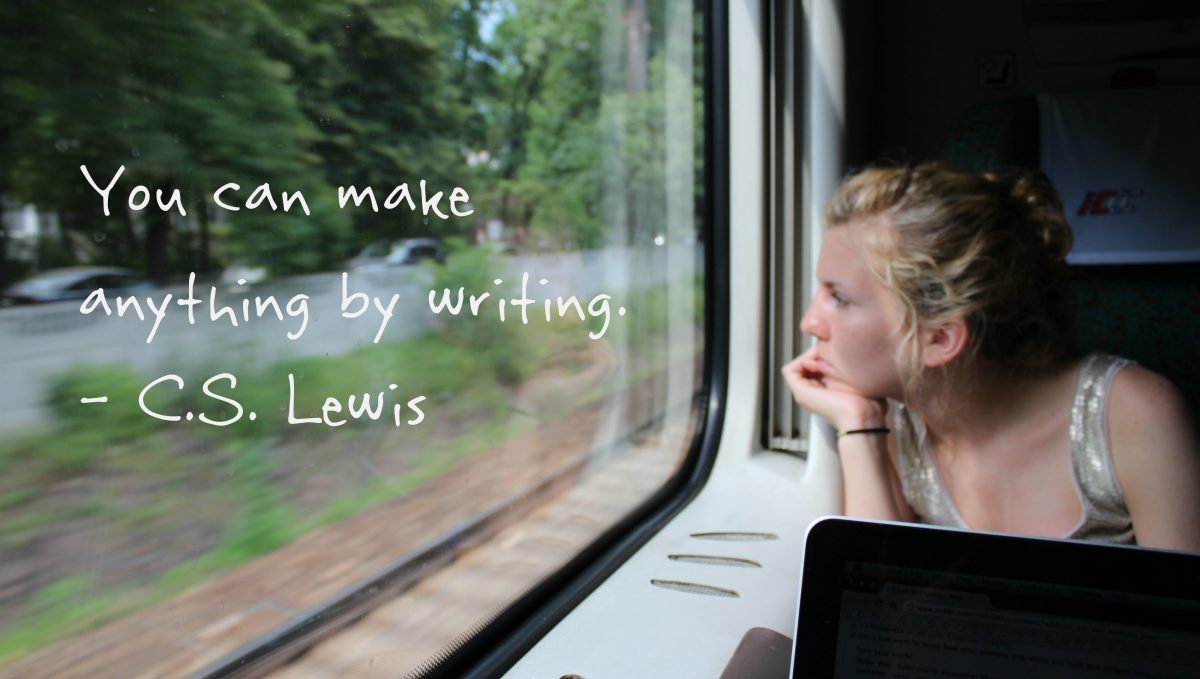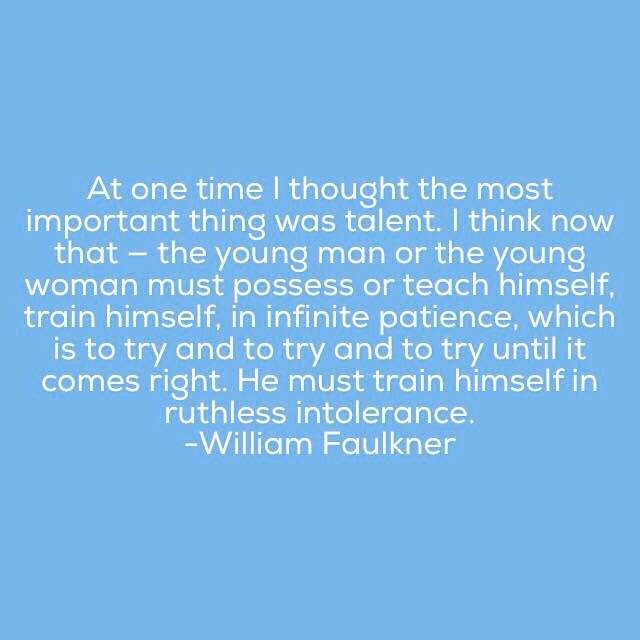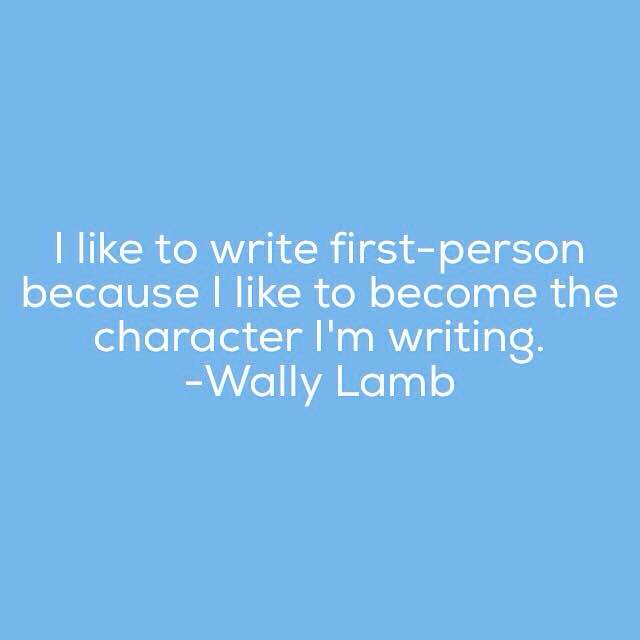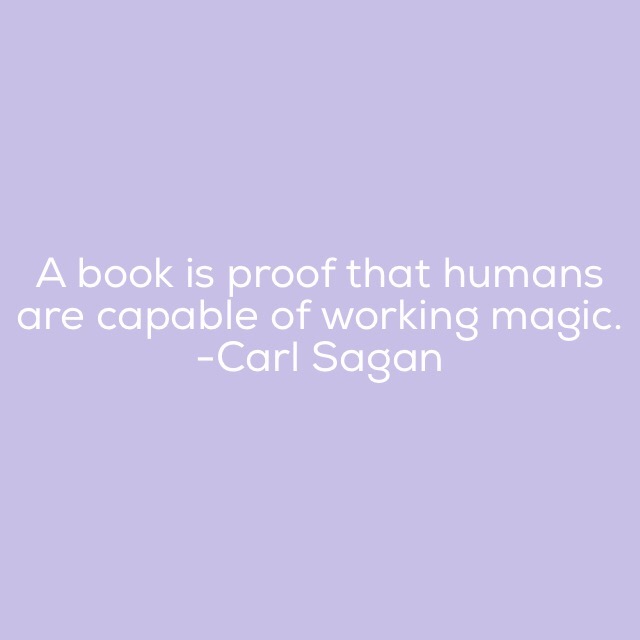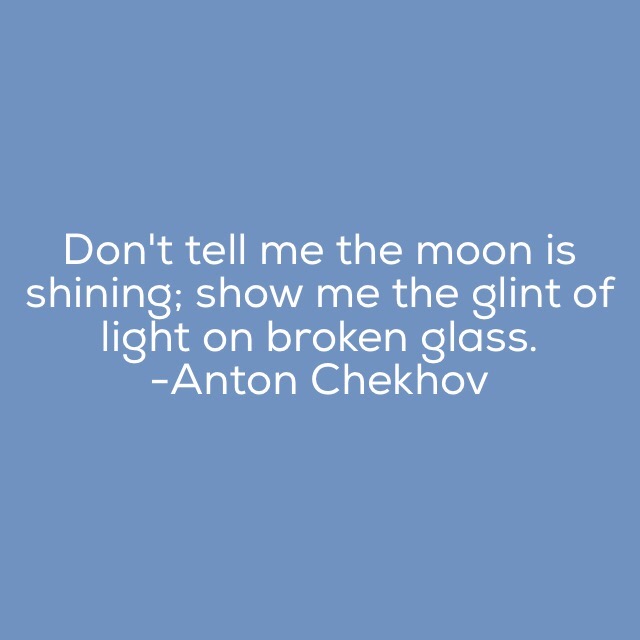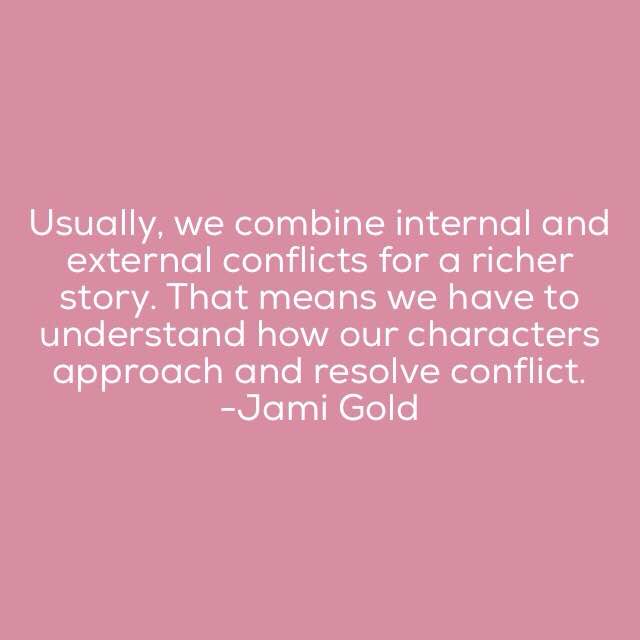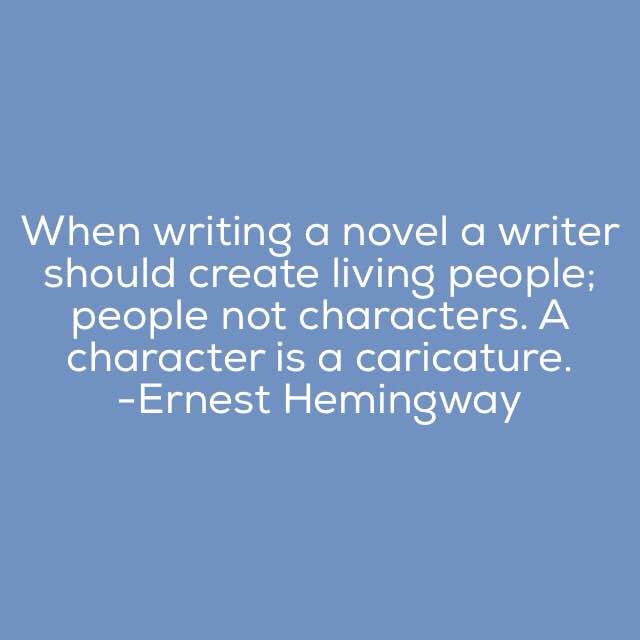Like anyone with a physical hobby who needs to work out to stay on top of their game, writers need to exercise their brain to keep their creative muscles from going dormant. Aside from a pen a paper, what you need most is time and solitude.
A few ideas wouldn’t hurt, either.
But how do you get those ideas? How do you stretch and grow the muscles in your brain to make your writing better?
The answer is simple: practice.
Here are a couple ways you can practice your writing that will help kindle your imagination (Some of them may seem familiar from a previous blog post. They’re worth repeating.):
Freewriting
Freewriting is an easy way to open up your mind to new ideas that may be stuck there in the clutter. To freewrite, just grab a pen and paper and set yourself a timer for 30 minutes. During that time just let the words flow. It doesn’t have to make sense. You can have a disjointed stream of consciousness or the beginning of a story.
But make sure you keep going for the duration of whatever time you choose to write. This exercise isn’t just to free up your ideas; it’s also to help your writing endurance. You don’t just run a 5k without first running a mile, then two miles, then three, building up your lung and leg strength.
Try to do this at least once a week, if not more.
Find a Photo and Tell a Story
Ever heard of Ransom Riggs? He’s the author of Miss Peregrine’s Home for Peculiar Children. It’s this little best-seller turned major motion picture inspired from a set of vintage photographs. I don’t think I need to make a further case here for why this method is worth a try.
It’s as simple as this: find a photo and write a story centered on it. Your characters can be in the photo, own the photo, have been to the place in the photo. Try to be creative with it. I once wrote a short story based off a picture of a cardboard box about a soldier getting a care package from home.
Don’t just choose pictures that are easy to write about. Choose the difficult ones, too. This will help your creativity muscles when you found you’ve written yourself into a corner and need a way out.
Rewrite a Story from a Different Point of View
This can be something you’re already working on or a piece of a story written by someone else. If it’s written in 1st person, change the character. If it’s in the 3rd, try writing it in the 1st. If you really want to have some fun, incorporate 2nd person. If this is done well, it can be a really interesting twist.
Rewrite Dialogue into Action
This was a project we just did in one of my grad school courses and I loved it! Take a dialogue heavy scene and rewrite it with pure action. Use character’s expressions, body language/movements, and sounds to express what they’re thinking.
It’s a really fun and unique exercise that will have you pushing the boundaries. It also makes you appreciate dialogue that can be straight to the point and tell exactly what the character is thinking and how they feel. But it will also open your eyes to the possibility of choosing a different form of expression. You may just find yourself rewriting your own dialogue heavy scene into something more vivid for the reader.

Most importantly, don’t let the moments of frustration cause you to quit. Every single writer has felt the urge to give up and try another day (or not at all). There are times you may have to lay an idea or manuscript to rest, and that’s okay. What you do after that is what makes you a writer.
~Liz
Follow me @wethewriters on Instagram and @liz_tampa on Twitter!
